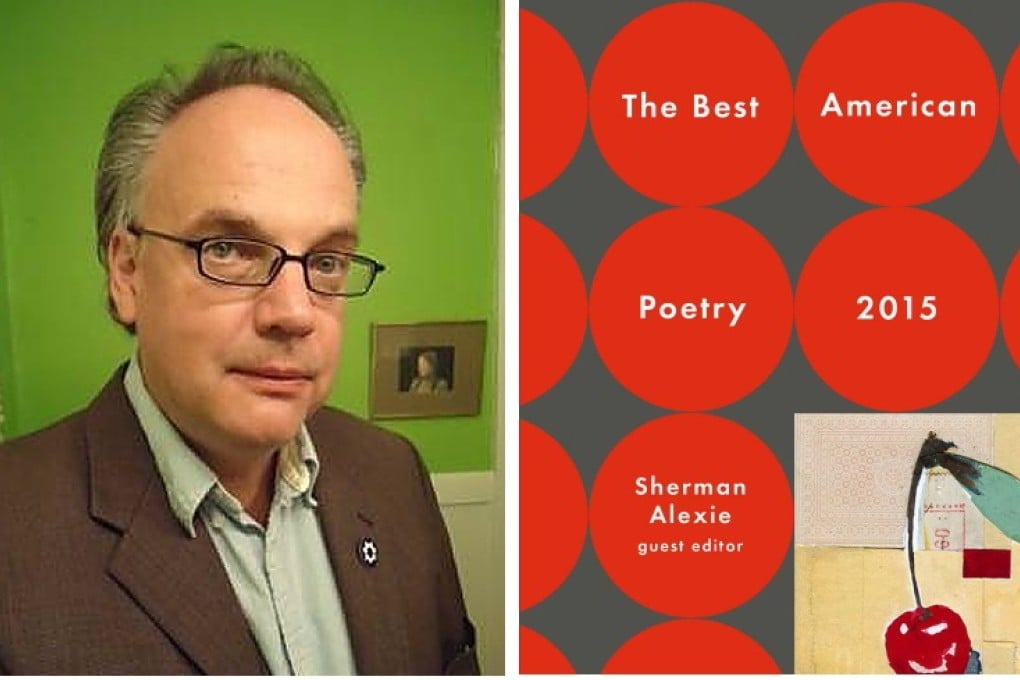A white guy named Michael Hudson couldn’t get his poem published. So he became Yi-Fen Chou

Sherman Alexie read hundreds, maybe thousands, of poems last year while editing the 2015 edition of The Best American Poetry, an annual anthology that comes out this week.
Just over six dozen of them made the final cut, including The Bees, the Flowers, Jesus, Ancient Tigers, Poseidon, Adam and Eve by Yi-Fen Chou, 20 brief, cynical lines on the absurdity of desire.
But after Alexie had chosen the poem for the collection, he promptly got a note from the author, who turned out not to be the rueful, witty Chinese American poet he’d imagined while reading the piece.
It was written by Michael Derrick Hudson of Fort Wayne, Indiana, a genealogist at the Allen County Public Library who, given his field of expertise, could probably easily explain that he is not of Asian descent.
Hudson, who is white, wrote in his bio for the anthology that he chose the Chinese-sounding nom de plume after The Bees was rejected by 40 different journals when submitted under his real name. He figured that the poem might have a better shot at publication if it was written by somebody else.
“If this indeed is one of the best American poems of 2015, it took quite a bit of effort to get it into print, but I’m nothing if not persistent,” reads his unabashed explanation.